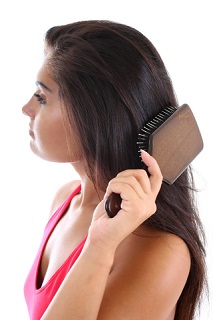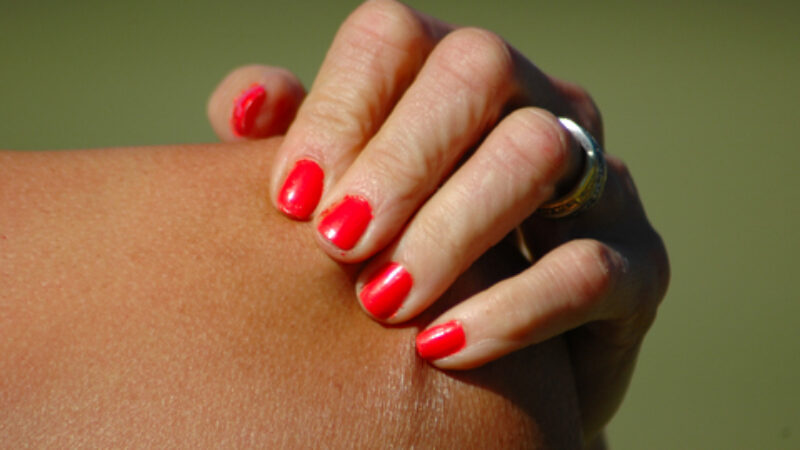Frequently the result of excess sweating or a dip in the hot tub, mild forms of scalp folliculitis are characterized by small, itchy red or white bumps where hair is growing. Scalp folliculitis can occur anywhere hair follicles are present, including the face, neck, legs and back. The bumps result from damage to the hair follicle which makes it easier for bacteria, mites or fungus to set up shop. Excess oil is also a factor.
This common and contagious condition can often be cleared up at home, but more serious cases demand medical attention. Here’s how to manage scalp folliculitis.
Prevention:
- Avoid wearing restrictive clothing or hats.
- Steer clear of harsh chemicals and solvents.
- Shave slowly and gently.
- Avoid excess perspiration when possible.
- Minimize time spent exposed to heat and humidity by avoiding the sauna, hot tub, whirlpool or improperly chlorinated pools.
- Reduce exposure to coal tar, pitch or creosote, which can irritate the follicles.
Mild cases can be effectively treated at home, though some cases may disappear without treatment. The below tips can help get you started:
- When you wash, don’t miss the hairline. Products that contain tea tree oil are effective against infection. Products with ketoconazole can help too.
- A topical treatment incorporating salicylic acid can help to reduce whiteheads and gently exfoliate dry, flaky skin, keeping the scalp clear of build-up and helping to cut down on flare-ups. Avoid benzoyl peroxide which, alhough effective against acne, can damage or lighten hair.
- Contagion means caution. This condition is highly contagious, so don’t neglect it. Use clean, dry towels when bathing or swimming and change your pillowcase nightly. Don’t share anything that touches your head. Comb gently to minimize irritation.
- Seek medical treatment. If your symptoms don’t improve within three to four days, or the outbreaks worsen, seek medical attention. More serious cases of scalp folliculitis may mean treatment with antibiotics, antifungal medication or corticosteroids.




